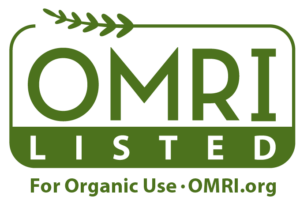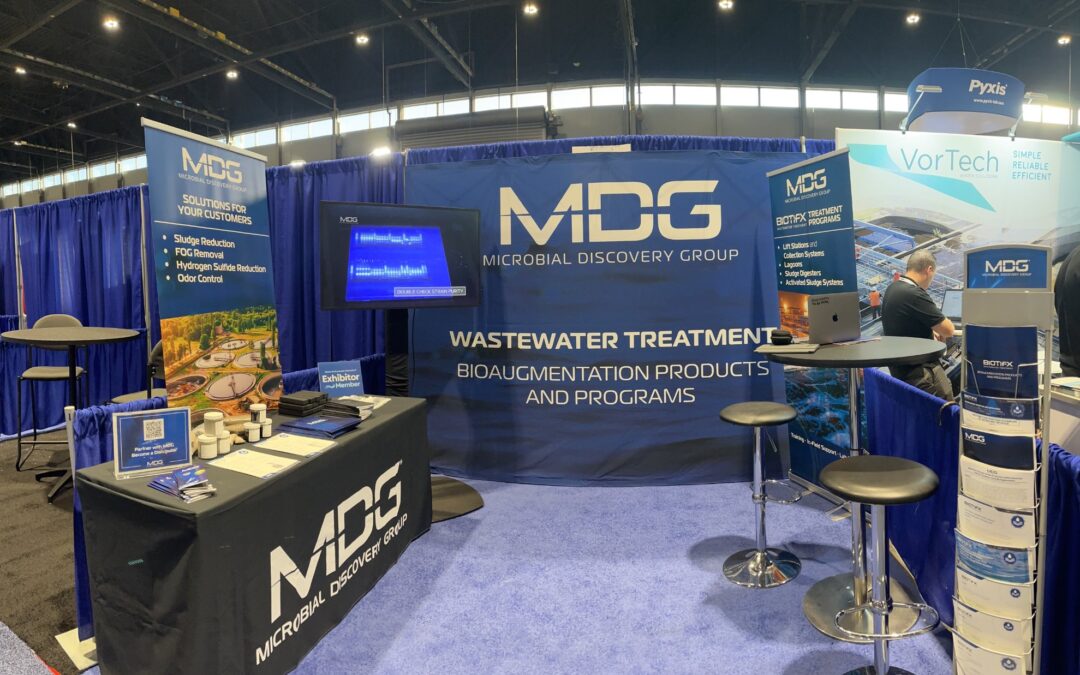MDG is excited to announce the OMRI listing for ZymoBac® GRO M50B, our solution for the Plant Health market. You can view ZymoBac® GRO M50B’s certificate here!
“MDG is excited to announce that OMRI has reviewed ZymoBac® GRO M50B and has determined that it is Allowed for use in compliance with the U.S. Department of Agriculture (USDA) National Organic Program (NOP)!” Shannon Losing., Regulatory and Quality Manager of Microbial Discovery Group.
What is ZymoBac® GRO?
Our ZymoBac® GRO line chosen for its wide arrary of enzyme production to improve plant health and increase yields, and this listing now means that ZymoBac® GRO M50B can be used as a part of the USDA National Organic Program. We are proud that our Bacillus can be a part of organic agriculture, giving farmers a plant health product alternative to traditional materials. The organization that gives these listings is OMRI, the Organic Materials Review Institute. OMRI is a non-profit organization that reviews and lists products that follow the USDA in the National Organic Program. OMRI lists agricultural input products such as nutrients, pesticides, crop treatment, and animal feed additives.
What does this listing mean for ZymoBac® GRO M50B users?
OMRI informs producers about products that can be used in organic farming operations, making it easy for producers to seek out compliant products. ZymoBac® GRO M50B is OMRI Listed® in the following:
Generic Material Listing(s): NOP: Microbial Inoculants, Class: Crop Fertilizers and Soil Amendments.
This means that ZymoBac® GRO M50B is considered an OMRI Listed® input that promotes plant health and growth, while treating the soil and allowing the plants access to the soil’s nutrients.
What are the benefits of MDG’s ZymoBac® GRO M50B?
ZymoBac® GRO is an input option for farmers looking to improve the health and yields of their plants. ZymoBac® GRO contains Bacillus strains, which produce multiple enzymes such as amylase, protease, xylanase, cellulase, lipase, and esterase. These enzymes naturally break down crude substrates in the soil, which then become nutrients that are available for the plants to use. This creates a balanced ecosystem in the soil and greater ROIs for organic farmers.











